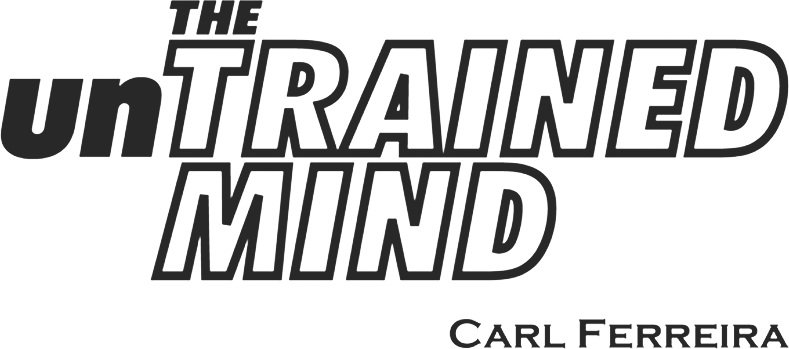The unTrained Mind
Everything that I’ve professionally accomplished has been heavily influenced by sport and my many years as an athlete, collegiate coach, and colleague in academic institutions.
After 20+ years of studying the neuroscience of athletic performance, while I still coach collegiate volleyball, my primary focus has shifted from just coaching volleyball to performance coaching. The unTrained Mind is a game changer and is about impacting lives, while helping athletes experience a higher level of performance more frequently.
Once an athlete is technically proficient at their craft, the mind plays a vital role in athletic success. The mind operates off of programming, an automatic blueprint of hard wired beliefs, mindsets, habits, behaviors, and attitudes.
What an athlete says to themselves, will impact their performance significantly more than anything a coach or parent can say to them. You either train the mind to elevate performance, or the mind automatically defaults to a habit that has already happened in the past, which can make future performances predictable.
The five primary mental skills taught in The unTrained Mind are:
Goal setting
Self-talk
Visualization
Energy
The Space Between: action and reaction
One of the biggest transformational moments of Coach Ferriera’s career, was learning that the mind is MORE heavily influenced by negative self-talk and mistakes, than by any other factor.
Athletes understand they must commit to their craft, sacrifice, work hard and do the little extra things to gain a competitive edge, but the secret to extraordinary performances is not increasing technical reps, the secret is:
Possessing the “it” factor, that extraordinary Kobe Bryant like mentality
In Kobe’s words, “the Mamba Mentality is not about seeking results, it’s about the process of getting TO the results. It’s a constant quest to be the absolute best version of yourself.” In doing so, one must be IN the present moment, which means being deliberately focused on what’s happening NOW without distraction. This type of focus doesn’t happen automatically, and requires a behavioral package that results in a certain way of doing things.
Can you teach that type of mentality?
Can you teach the mindsets and habits of extraordinary performers?
Can you teach the level of focus required to gain a competitive edge?
The answer is ABSOLUTELY YES!
When discussing mental skills, you often hear comments like, “sports is 80% mental,” yet how much time do athletes spend on training the inner game? How important are mental skills as compared to the technical, tactical, or physical skills? Is it:
“Less” important?
“As” important?
“More” important?
It is definitely not more important because you must possess the skills of your craft in order to play the game, but I do believe it is “AS” important if you want to take your performance to the next level.

